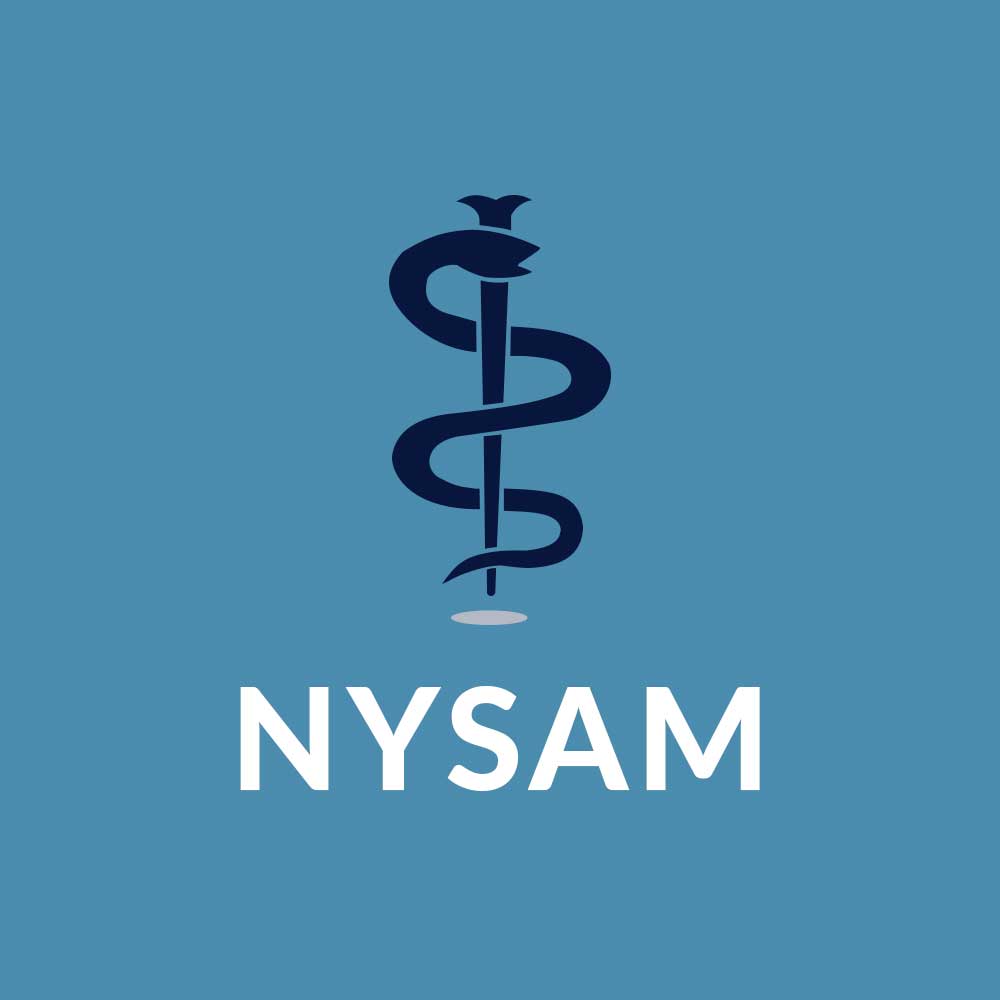As published in the Times Union
By Colleen Parent and Lynda Karig Hohmann May 1, 2024
Measure before Congress would let people struggling with opioid addiction see a specialist physician for prescriptions and get the medicine at a pharmacy.
Imagine that you had a chronic health condition that can be fatal when untreated, and that a highly effective, well-studied, inexpensive medication could cut your risk of dying in half – but you are required to attend a clinic six times a week for a nurse to watch you ingest this medication. Now imagine that the clinic is open only in the morning and located over an hour away, and you have no car and are trying to keep a job. Could you wake up every morning at 5:30, take an hour-long cab ride to the clinic, receive your medication, and still get yourself and your children to work and school on time? Could you do it for years?
Methadone is the first-line treatment for opioid use disorder, but with current regulations it can be dispensed only at specialized, highly regulated clinics. There are roughly 2,000 methadone clinics in the entire country, some of which are in prisons and not accessible to the public. Methadone is effective at saving lives. It decreases risk of dying by 50%. Given that over 80,000 people are dying annually from opioid overdose in the U.S., we need this medication to be more available now more than ever. But right now, only 1 in 5 people with opioid use disorder are receiving medication.
As physicians who provide addiction medicine care, we wholeheartedly support the passage of the Modernizing Opioid Treatment Access Act (MOTAA), a bill pending in Congress that would expand access to methadone treatment and help reduce the devastating impact that the opioid epidemic has imposed on our communities.
The MOTAA aims to expand access to methadone treatment by allowing any board-certified addiction physician to prescribe the medication for opioid use disorder and by allowing community pharmacies to dispense up to a 30-day supply of methadone, like most other medications. The experience would be akin to that of seeing an endocrinologist for diabetes medications or a cardiologist for a cholesterol lowering prescription. This would allow people living in areas without an opioid treatment program to see a specialist physician for prescriptions and receive methadone treatment from their local pharmacy.
Instead of locking methadone treatment away, we should be encouraging anyone who needs it to start treatment. Once people are physically dependent on opioids, they experience painful withdrawal without the drug. Craving for opioids when in withdrawal is like being without water in the desert. When properly dosed, methadone safely tempers this craving without causing a high.
The United States is unique in restricting methadone treatment to opioid treatment programs. Other countries, including Canada, England and Australia, allow for community pharmacies to dispense methadone for opioid use disorder treatment. Even in the U.S., methadone is available in community pharmacies when prescribed for pain, but patients with opioid use disorder cannot receive it. The result: The most effective option we have is kept out of reach.
As deaths from opioid overdoses continue to climb, we see patients every day who desperately hope to avoid this fate. MOTAA is the first step in improving our care of people who use drugs. As addiction specialists, we need to be able to use all FDA-approved medications to keep people from dying.
Colleen Parent of Slingerlands and Lynda Karig Hohmann of Albany are physicians.

